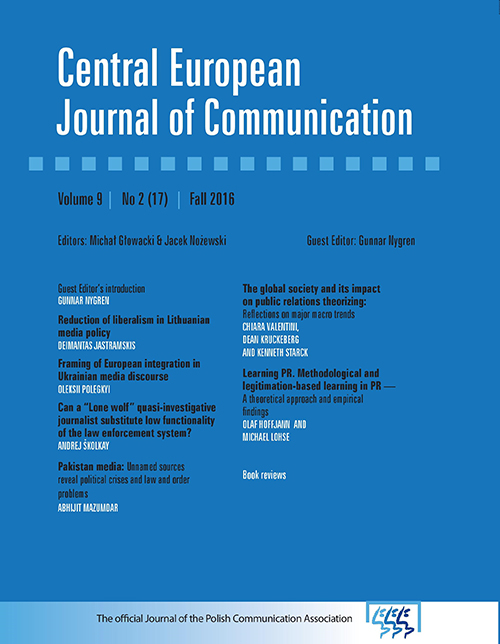Risk perception and political alienism: Political discourse on the future of nuclear energy in Hungary
Risk perception and political alienism: Political discourse on the future of nuclear energy in Hungary
Author(s): Gábor SarlósSubject(s): Politics / Political Sciences, Social Sciences
Published by: Wydawnictwo Uniwersytetu Wrocławskiego
Keywords: nuclear energy; power relations; risk perception; discourse analysis
Summary/Abstract: This article analyzes political narratives of the discourse on the future use of nuclear energy in Hungary. In light of the January 2014 parliamentary decision to expand Hungarian nuclear energy production capacity with Russian technology and financing, the article examines parliamentary addresses of the period 2010-2013 to identify and interpret characteristics and changes in nuclear narratives of parliamentary parties and the government. The content analysis includes identification of framing, characteristics of choice of language, realization of risk and of benefit oriented speaking patterns, and the assessment of power relations between the political actors. The article argues that the nuclear communication strategies of political parties show distinct approaches: f u l l f r o n t approach to include nuclear aspects of all possible issues, avoidance that attempts not taking sides in this issue, and re-direction that, within the nuclear framing, places a focus on other aspects with the purpose to re-define the dominant framing and to rule the discourse. Risk awareness patterns range from comprehensive to occasional, selective and latent risk perception structures. The Risk Perception Index, comprehending levels of risk and benefit perception, can serve as a model to measure, in numeric terms, the support or critique of the nuclear agenda.
Journal: Central European Journal of Communication
- Issue Year: 8/2015
- Issue No: 14
- Page Range: 93-111
- Page Count: 19
- Language: English

